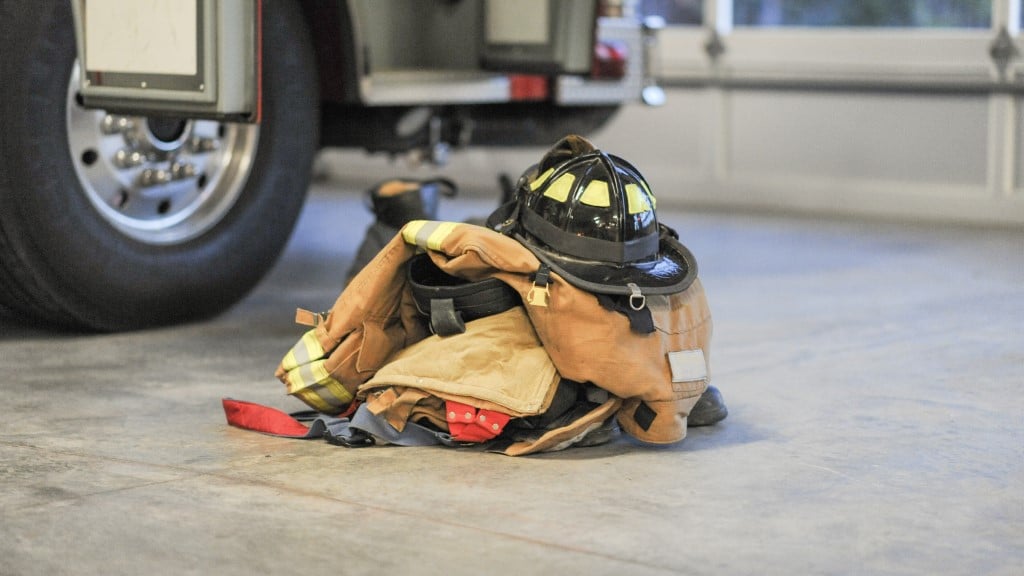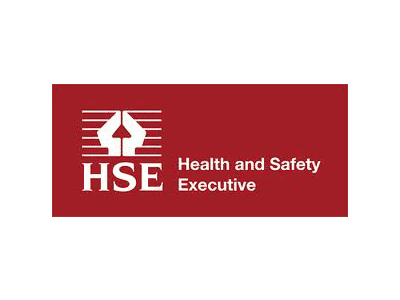April 6, 2023
New £2.1 million study to tackle the dark shadow of asbestos in Scotland
From our colleagues at Barbour EHS.
The University of Glasgow is to help lead a new £2.1 million study aimed at solving why it can take decades for exposure to asbestos to develop into cancer.
Mesothelioma, which currently has a very poor survival rate, most commonly starts in layers of tissue covering the lungs, usually following the inhalation of asbestos fibres, and can take more than 40 years to develop.
Cancer Research UK has awarded £2.1 million to a team of researchers at the University of Glasgow and University of Cambridge to help unlock answers to the questions of what happens in the decades between initial exposure to asbestos and diagnosis.
To be led by professor Daniel Murphy, of the Cancer Research UK Beatson Institute at the University of Glasgow, and Professor Marion MacFarlane, of the Medical Research Council in Cambridge, the study hopes to find new molecular features that could make it easier to diagnose and treat mesothelioma earlier, before symptoms appear.
Early symptoms such as chest pain, fatigue and constant coughing can be overlooked because they are similar to other illnesses.
According to Cancer Research UK, the UK currently endures the highest incidence of mesothelioma worldwide, with the disease more prevalent in men due to occupation-related exposure, and rates are significantly higher in the west coast of Scotland than the national average with around 100 of the 200 new cases in Scotland each year in the region.
The University of Glasgow explained that there was widespread industrial use of asbestos between 1950 and 1980, particularly in Glasgow and the surrounding area, as the material was manufactured in towns such as Clydebank and used in heavy industry like shipbuilding, which the River Clyde was famed for.
While the material is now outlawed, mesothelioma cases have increased since the early 1990s.
Professor Daniel Murphy said: “Asbestos exposure has cast a dark shadow over Glasgow and the west coast of Scotland with incidence rates of mesothelioma significantly higher here than the Scottish average. Mesothelioma is difficult to treat, and outcomes are usually poor for those diagnosed. In order to develop new strategies for the prevention and treatment of mesothelioma, we need a much deeper understanding of the basic biology behind how it progresses.
“This new programme, REMIT, will build on substantial previous funding from Cancer Research UK for the world-leading Glasgow-led projects PREDICT-Meso and IAMMED-Meso, which seek to define the high-risk indicators for patients with pre-cancerous lung abnormalities potentially developing cancer. Together, REMIT, IAMMED-Meso and PREDICT-Meso will now form a comprehensive strategy for early detection, risk stratification and more effective treatments for mesothelioma patients.”
Only around four in 10 (44.3%) people diagnosed with mesothelioma in Scotland survive their disease for one year or more (2015-2019).
Project Scotland
March 2023
Our Comments
This important research will hopefully contribute to increasing the medical understanding as to why it takes so long from asbestos exposure to developing cancer.
Contact
At William Martin we have a nationwide team of experts who offer a comprehensive range of health and safety compliance services. As part of the Marlowe Software, Risk & Compliance division, William Martin also has access to a wider range of complementary services.
This content has been produced in association with our sister company, Barbour.
For all enquiries, please contact us or call our team on 0203 819 8829.





